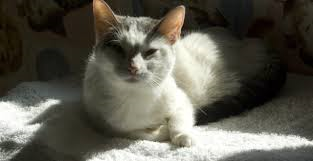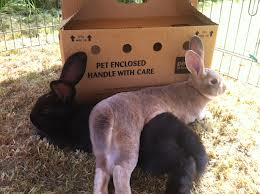Hot Weather Information
Now that the weather is getting warmer, it is important to remember to take special measures against the heat and sun. Here is some advice for keeping your pets safe this summer.

Dogs are unable to sweat, like we do, to keep them cool. Instead, they pant to keep their body temperature within normal limits. However in a hot, stuffy car, panting does not work even with a window open.
Do not leave your pet in a vehicle, even if the window is open. It can get extremely hot on a sunny day, even when you may not think it is. Did you know that on a 20' day, the temperature in a car could rise to 45' within an hour??
If your pet has pale coloured fur, it is important to use a suitable sun block on them. Especially on their ears and noses as, they too, can get affected.
Dogs still need to be walked even though it is hot. It is an idea to walk them very early in the morning or later in the evening, avoiding the middle of the day when the temperatures are at their highest. Carry water with you and try to take them for shaded walks, avoiding hot open pathways and instead, walking them in cooler, shaded wood areas. Do not walk too far from a road, in case of needing help in an emergency situation.

Always ensure that you leave plenty of water down for your pets. If they are outside, ensure they have access to cold water that is unable to get knocked over and to a cooler, shaded area. It is important to never leave your pet confined to a conservatory, as at the hottest part of the day, temperatures inside can be extremely high.
Ensure that rabbits and small animals have access to plenty of water too. Keep their water bottles, if possible, in a shaded area and ensure they have plenty of shade in order to cool them down.

Feeding them frozen vegetables is a way of maintaining their body temperature as well as them getting their favourite snacks. Also, if you are going to be out, placing ice cubes on a towel on top of their hutch/run will enable cool water to gently cool them down as they melt. Small animals are also at risk of ‘flystrike’, caused when flies are attracted to wet, matted fur around their tails. Flies lay eggs which then cause maggots to start eating the flesh, this can prove fatal to them. Ensure to check them daily for irritation and signs, also using rearguard can help prevent ‘flystrike’.
If animals are unable to reduce their body temperature, they can develop heatstroke. Leaving them somewhere that is too hot or exercising them excessively, are just a few ways that increases the risk of heatstroke. Some symptoms include heavy panting, excessive drooling, rapid pulse rate, red gums and tongue, lethargy, inability to rise after collapsing, vomiting and diarrhoea.



